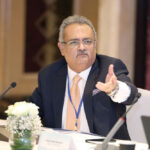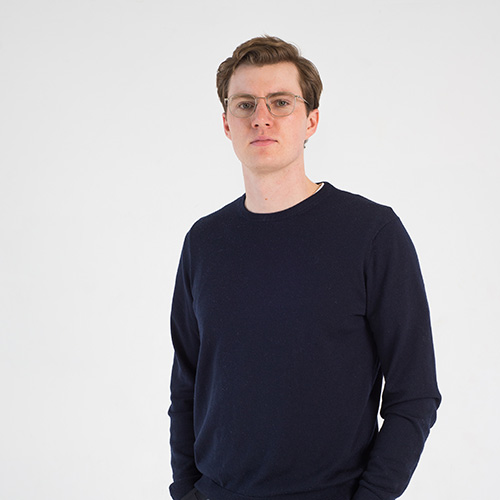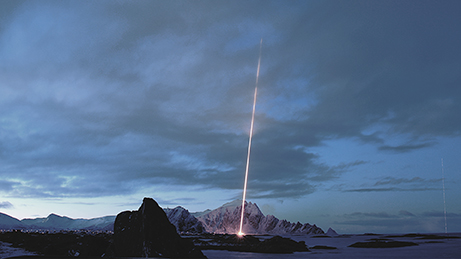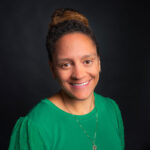
History I.S. transformed into a full-length documentary by Wooster graduate

John Trainor ’16, a history major, film-studies minor at The College of Wooster, found his Independent Study, a year-long research project he completed alongside a faculty mentor, gave him a clear starting point for further research. “Completing I.S. gave me confidence,” said Trainor. “It felt good to have accomplished an intensive research project and have a sense of ownership over a topic.”
Trainor’s senior I.S. focused on the Norwegian Rocket Incident of 1995—an event which caused tension between the West and Russia when a science rocket was misinterpreted as an incoming nuclear attack. Shortly after graduation, he was able to present his research at UC Berkeley’s Space Sciences Laboratory. Trainor also received Copeland funding, which enabled him to travel and conduct interviews with key subjects, such as former U.S. Ambassador to Ukraine, Steven Pifer, and former CIA analyst, Peter Pry.

In 1995, a Black Brant XII science rocket studying the northern lights above Andøya, Norway triggered a false alarm in Russia of an incoming nuclear attack. Photo: Kolbjørn Blix
Following graduation, Trainor continued his research in Moscow, transforming his I.S. into a full-length documentary called Sound the Alarm, which includes new evidence and perspectives from Russian military personnel who experienced the ’95 incident first-hand. “My documentary investigates how easily misunderstandings, miscommunication, or mis/disinformation can escalate to a decision to launch nuclear weapons. We trust our leaders to make rational decisions, but war, conflicts, and political posturing today make us question that notion,” he said.
Trainor noted that at Wooster his professors helped him understand how to reveal history through film. “There is tremendous thought behind every shot in a film, and professors like Debra Shostak and Greg Shaya really opened my eyes to the level of consideration and critical thinking involved in the creative process,” he said. Debra Shostak, professor emeritus of English, was especially influential. “She really encouraged every student to speak up, sharing that everyone had some valuable opinion or contribution to give,” he said. Shostak bookended his college career, as both his First-Year Seminar professor and a professor during his senior year. “I experienced a lot of growth in Professor Shostak’s classroom and value that mentorship and discourse.”
Trainor also found that Wooster helped him develop a rounded perspective that continues to support him in his interactions with people today. “Liberal arts students can effectively articulate their thoughts and adapt. They can be seen and heard in virtually any room or setting. I embrace that sense of versatility.”
Outside of his work as a filmmaker, Trainor also worked in the Web3 space, drawn to how technology can play a role in instilling trust. “Data transparency and sovereignty through blockchain is something to pay attention to. Those fundamentals deliver a pathway to a more equitable digital experience and a trusted web,” he said. Additionally, Trainor’s experience in blockchain and film recently came together by leading prototyping for an in-camera digital watermarking project to protect content from misuse and manipulation. “With the rise of misinformation through generative AI, there is an increased need for verification tools and digital provenance to help us trust what we see online,” he said.
Photos provided by Trainor
Posted in Alumni on August 10, 2023.
Related Posts
Related Areas of Study
History
Critically examine events and societies of the past and learn to tell the stories future generations need to know
Major Minor

